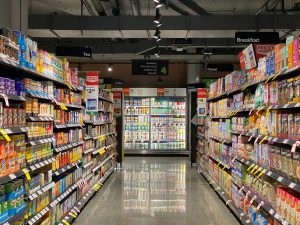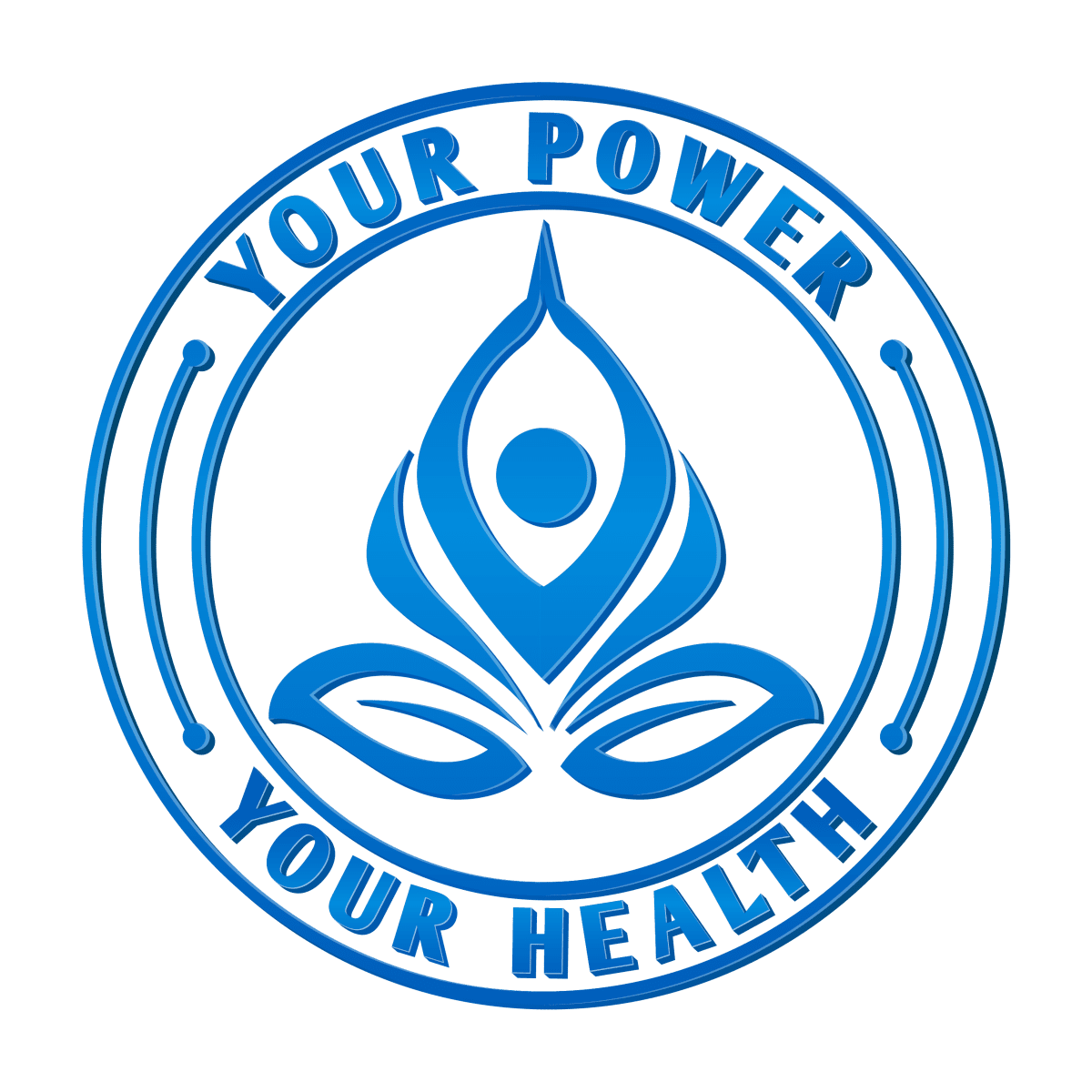What Do You Think You’re Eating?
What’s in your food?
 If the packaged food you’re eating is not certified organic, chances are you’re getting about 2,000 unwanted chemicals in your food. The good news is the European Union has banned these chemicals. The bad news is, the US has not. According to this report, many of the chemicals have been deemed harmful and some even carcinogenic by organizations like the World Health Organization (WHO).
If the packaged food you’re eating is not certified organic, chances are you’re getting about 2,000 unwanted chemicals in your food. The good news is the European Union has banned these chemicals. The bad news is, the US has not. According to this report, many of the chemicals have been deemed harmful and some even carcinogenic by organizations like the World Health Organization (WHO).
Who’s minding the store?
Unfortunately, the food and chemical companies control what is in the food supply. The 1958 policy on food additives remains unchanged. Additionally, food additives that are Generally Recognized as Safe (GRAS) by these industries, are exempt from review by the US Food and Drug Administration (FDA).
The GRAS standard was meant for certain widely known safe ingredients like vinegar. Because of developments in food science many chemicals are now present in the food system that somehow fall under this category and are not subject to scrutiny. The industry can voluntarily submit information to the FDA about their additives and conduct their own scientific studies on these ingredients. The FDA accepts the findings of the food and chemical industries and does not review the reports. The industry scientists are the people who conduct the studies.
Bug spray?
One of the most prevalent problems is the presence of pesticides in every day food. Pesticides are not only bad for the environment but are also carcinogenic. For instance, oats used in breakfast foods contain glyphosate. Glyphosate is the main ingredient in the herbicide/pesticide Roundup. This is especially troubling for pregnant women and young children. Many countries in the European Union banned glyphosate because it is carcinogenic.
Unfortunately, only a very small percentage of packaged foods sold in the US are organic. This can be due to a couple of reasons. One, most people who shop organic, are not looking for packaged goods. Another is that most people are not aware of the dangers lurking in the conventional food supply. A food you’re eating might not contain a large amount of the dangerous chemicals, but the effect is cumulative. Your body stores toxins in adipose (fat) tissue. The stored toxins can cause trouble even after the food you ate is long gone from your system.
You can force change with your wallet
If there is going to be a change in our food supply, it will require the power of consumer spending. We need to educate ourselves about our food supply. The chemicals in our food are dangerous. We need to stop eating those foods that negatively impact our health. We can force the food companies to respond to consumer demand for cleaner and healthier foods.
Look what has happened in the fast food industry. More and more people are looking for non-meat alternatives. Many fast food providers are serving plant-based meat substitutes in their sandwiches. And although I never recommend eating highly processed plant-based burgers made to taste like meat, this is a clear sign that the industry listens and responds to consumer demand. Your dollars and how you spend them matter. Choose wisely. Send the message that you will not accept unhealthy, chemical laden foods for you and your family.
I help women living with or at risk for developing heart disease or other chronic illness that we can manage through lifestyle and nutrition changes. Or maybe you’re on the verge of developing heart disease, or diabetes, or another lifestyle related condition. If so, let’s chat. For a free consultation with me, click here.


While we try to buy items consciously, I am sure many chemicals still end up finding their way into our systems.. I know there is more I can do to control what comes into our home, and your post is definitely inspiring me to ramp up my efforts.. so thank you!
If you stick with food that comes from nature that is organic and grown sustainably, you move that needle forward in a big way. Good for you Vidya for stepping up your game.
Love this post! Every time I go shopping I am conscious of water putting in my shopping basket. Thanks for sharing your view on this important topic
We all need to know what is in our food…because food can either be the best medicine or a slow poison. We get to choose.
They don’t list glyphosate on the label for oats, do they? I don’t think they do. Is the only way to avoid it is to eat organic? Are all organic food “created equal?”
They do not list glyphosate on the label, nor do they put a warning of any kind about it. Even when we eat organic, we can’t always be assured that the food is untainted. Often crops that are grown organically are in close proximity to non-organically grown crops. There can be cross-contamination in water runoff and seeds that are spread by wildlife or wind. You are likely better off choosing organic but there are a lot of things that can go wrong with the crops.
This information reinforces what I have recently learned about the chemicals that are in our food supply. It’s certainly eye-opening when we start to hear about the things that we were previously oblivious to.
The information is not easy to find and that is by design. You have to be vigilant in your research.
Thank you, for sharing this information as I do try and watch what we eat buts hard as I don’t always know what things are. But homeschooling my son allows us to look up Ingredients and words we don’t know to study in our Homeschool Class.
What a great way to teach your child how to make healthy choices. I love that you make it part of the curriculum.